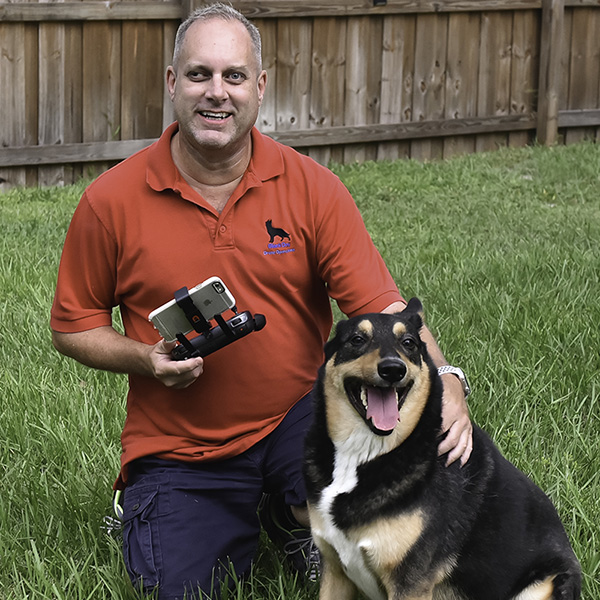Preparing to pass another test
Remote pilot certificates don’t expire, but the FAA still requires drone pilots to prove they know their stuff every two years. Changes are coming, but for now that’s a $150 proposition for many of us.
Being well-prepared can spare you from having to repeat the exercise.
For those who do not have a Part 61 certificate and a flight review, the current regulations require returning to a test center for a recurrent knowledge exam every 24 months. That's a 40-question version of the 60-question test required for initial certification. While shorter, the test covers much of the same knowledge areas as the original exam, and it’s worth spending some time to get ready.
Free stuff
Compared with the initial test, the shorter exam focuses more on sectional charts, airspace, and FAA regulations, with less emphasis on weather, loading and performance, radio communications, and physiology.
Since much of this test focuses heavily on sectional charts and airspace, it is a good idea to take the time and learn more about the material. The FAA Aeronautical Chart User’s Guide is a great resource available for free online. This will help you refresh your knowledge of symbols and other chart features you might not have paid much attention to in a while.
The FAA also publishes the Remote Pilot Study Guide, and that is also available as a free download.
There are also lots of other free guides and training videos online. You will find countless efforts on sites like YouTube, but keep in mind, these have not always been as carefully checked for accuracy. Like the old saying goes, if something is given away for free, then it is probably worth every penny you paid for it.
If you choose more formal training to prepare for the exam, it is good to stick with reputable resources with credentials and background on the subject. There are a lot of Part 107 test prep courses online, many of them good.
When I was preparing for my initial testing, I chose Gold Seal after reviewing most of the ones available online at the time. Things that were important to me were a credible track record of online aviation training and a reasonable price for lifetime access. They also offer a standalone Recurrent Test ground school for existing Part 107 pilots for just $50. I also liked the guarantee that they will pay if you don’t pass your initial test. That said something to me about the confidence in their training. By the way, I passed with flying colors the first time!
There are other vendors out there, including King Schools and Aviation Supplies and Academics. Both of these companies have a long history of training manned pilots, and both offer discounts to AOPA members.
More free stuff on the way
The FAA released a bevy of proposed changes to Part 107 in January, and among the proposed changes is a shift from in-person testing to online training for both Part 61 pilots and Part 107 remote pilots. That training may be provided free, but time will tell.
The draft regulation could, of course, change—perhaps a great deal—before it is finalized, and it will be months, at least, before the current requirements change. Unless you just passed your initial test last month, you will probably need to sit for another exam to maintain your drone currency, but the good news is that the next time may wind up being the last time you have to shell out the $150 test fee.
As you can see, things have come a long way over the last couple years. More remote pilots and drones are in the air than ever before. As the industry matures, we will continue to see the rules and regulations evolve and grow right along with everything else. This paves the way for groups of all levels, from single-person operations to large-scale commercial deployments, to become more productive and efficient. The most important factor in play is maintaining a body of competent, knowledgeable remote pilots sharing the airspace with other manned aircraft. As things move forward, not only will most remote pilots’ experience level also evolve and grow but also the unmanned traffic in the sky. Keeping yourself invested in all facets of UAS operation, including maintaining your aeronautical knowledge, only helps to positively serve our amazing industry.




